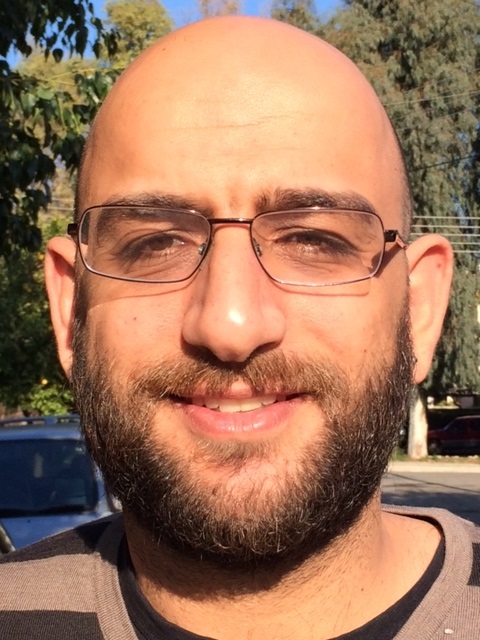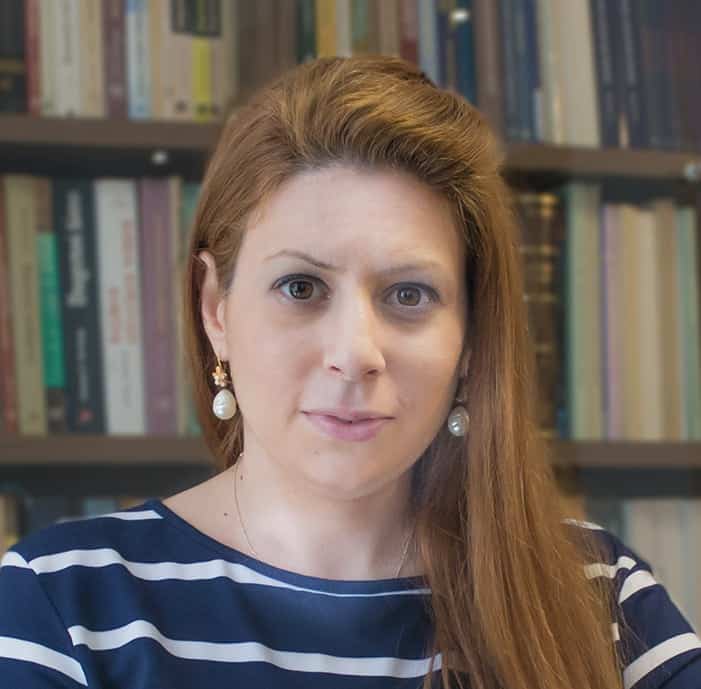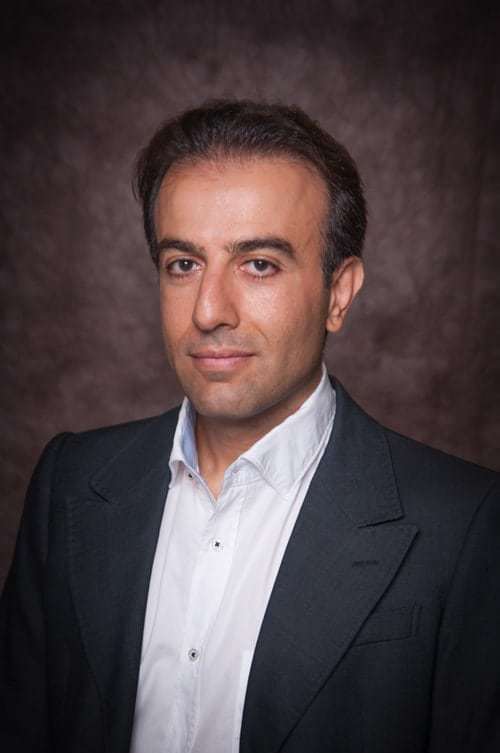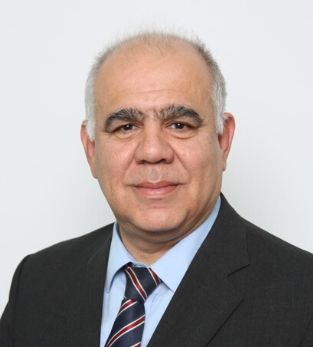International Relations and European Studies (PhD, 3 Years)
| Duration | 4 years |
| Qualification Awarded | Doctoral Programme in European Studies and International Relations (PhD,3 years) |
| Level of Qualification | Doctorate Degree (3rd Cycle) |
| Language of Instruction | English and Greek |
| Mode of Study | Full-time and Part-time |
| Minimum ECTS Credits | 180 |
Request Information
Profile of the Programme
General
The Doctoral Programme in International Relations (hereafter IR) aims at the creation and interpretation of knowledge which extends the forefront of the disciple of IR (in the wider reading of the discipline), through original research and critical thinking. Holders of a Ph.D. in IR will be able to conceptualise, design and implement projects for the generation of significant new knowledge and/or understanding in the field of International Relations. Furthermore, holders of a Ph.D. in IR will have the qualities needed for employment that requires the ability to make informed judgments on complex issues in specialist topics of IR, and innovation in tackling and solving conceptual and practical problems in world politics.
The Doctoral Programme in IR is designed in accordance with the Framework for Qualifications for Higher Education Area (Barcelona Process) and the European Qualifications Framework (level 8 of EQF), as well as in accordance with established standards and practices in European and American Universities that award the title of Doctor of Philosophy in International Relations (hereafter a Ph.D. in IR).
According to international standards and practices, on successful completion, doctorate students in International Relations, who study in Universities where the English language is the language of instruction, are awarded the title “Doctor of Philosophy in International Relations” (for the Greek διδάκτωρ).
Specific
The Doctoral Program in IR will socialize students into the world of academia and to guide them so that they will be well-acquainted with the criteria they are expected to meet for their academic work internationally. Those who complete the Program will be able to engage in academic research independently at the highest level. Ph.D. graduates will also be able to pursue analysis of issues of
their expertise at important public and private institutions.
The Program prepares and guides students to generate new knowledge of the highest academic caliber. Graduates may pursue careers as academics and scholars at colleges, universities, research centers and think-tanks and other important institutions in both the public and private sectors. The Program may also be very useful to those who aspire to pursue careers in other fields that
require major knowledge of topics in international relations, such as government and international organizations.
Career Prospects
The Programme prepares and guides students to generate new knowledge of the highest academic caliber. Graduates may pursue careers as academics and scholars at colleges, universities, research centres and think-tanks and other important institutions in both the public and private sectors. The Programme may also be very useful to those who aspire to pursue careers in other fields that require major knowledge of topics in international relations, such as government and international organisations.
Learning outcomes
The intended earning outcomes involve both practical and theoretical knowledge, skills and qualifications that will enhance students cognitive as well as managerial capacities.
Upon successful completion of this program, students are expected to:
- Obtain specific training in case-analysis, project-setting and problem-solving contexts.
- Acquire research skills and analytical competences to address the challenges and questions posed in the field of International Relations and European studies.
- Gain the competence necessary to analyze and evaluate the quality and effectiveness of policies.
- Possess the competences and skills required for academic careers, as well as to advise and assist public and private institutions active in the fields of International Relations and European studies.
- Comprehend fundamental and advanced principles of research design, including an understanding of how to conceptualize political and social research, formulate researchable problems, and construct and test hypotheses by applying a range of research methods and tools.
- Be able to manage successfully all the stages of a research project, including designing, conducting and disseminating research in a way that is consistent with both professional practice and the standard principles of research ethics.
- Understand and appreciate the significance of alternative epistemological positions that provide the context for theory construction, research design and the selection of appropriate analysis techniques.
- Develop a sound understanding of the advantages and disadvantages of a range of research methodologies and data collection methods.
- Be in a position to illustrate and critically evaluate research methods used in political and social enquiry and demonstrate aptitude in the preparation, execution and management of an independent research study.
- Develop skills in the dissemination of findings to the wider academic community.
Section: A – Courses
Your Content Goes Here









